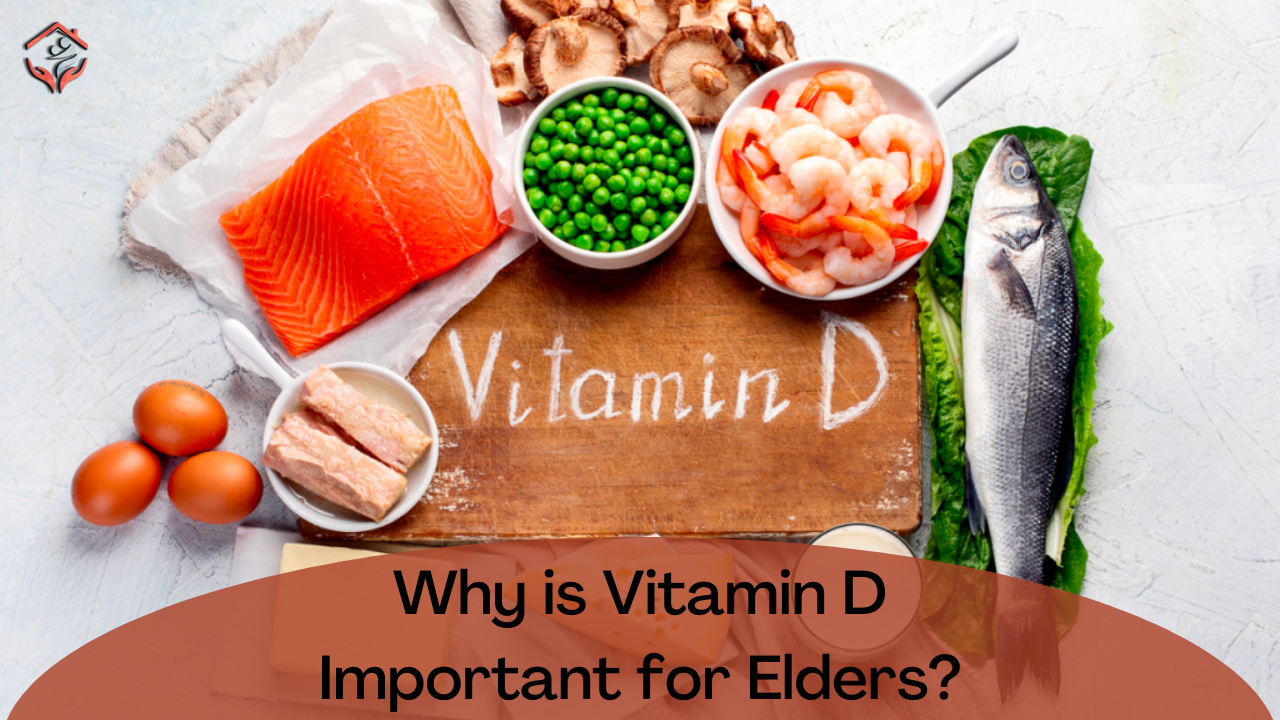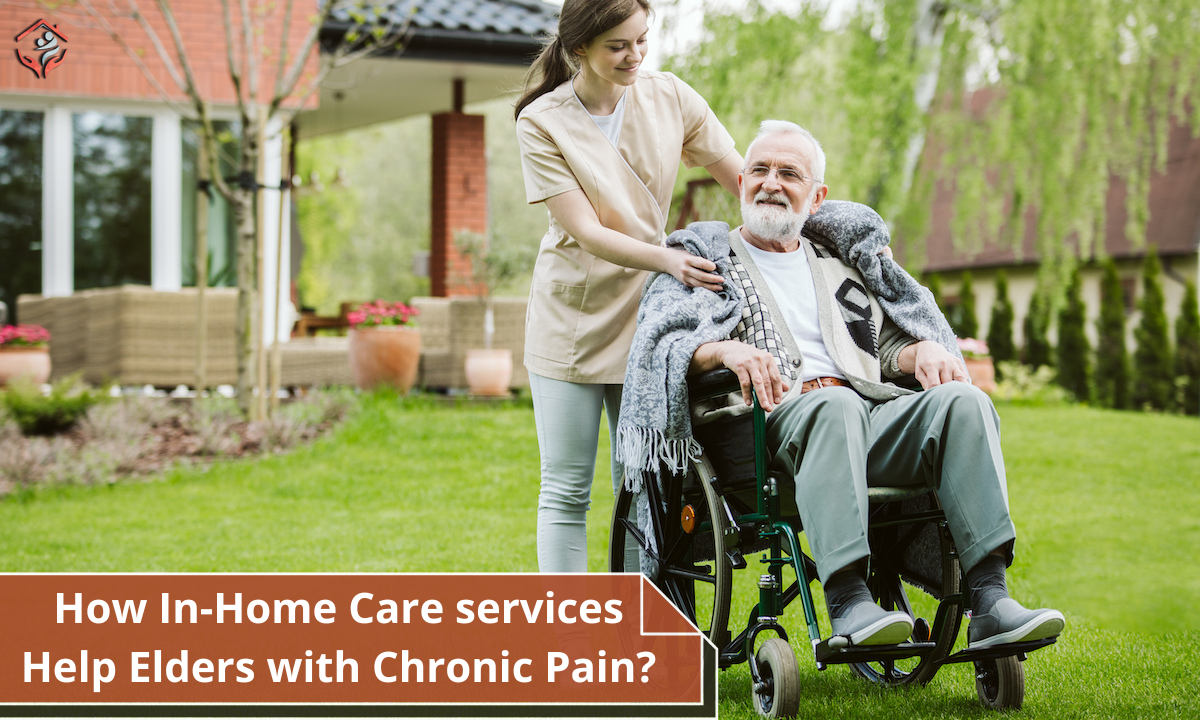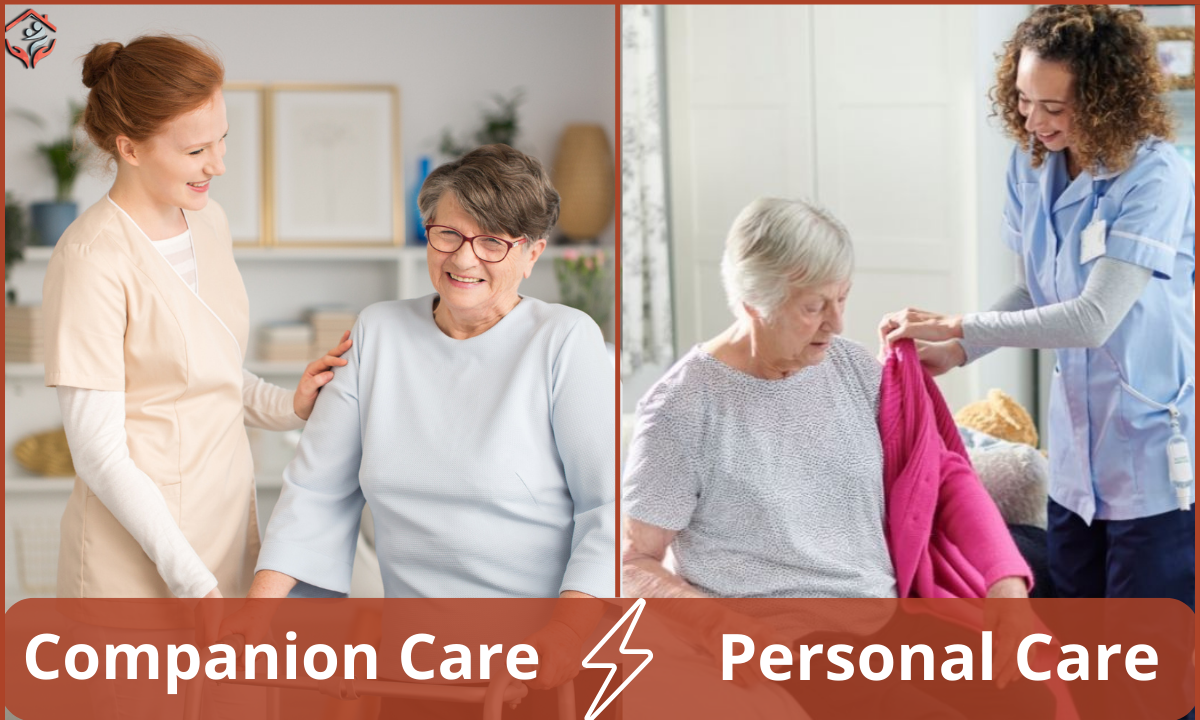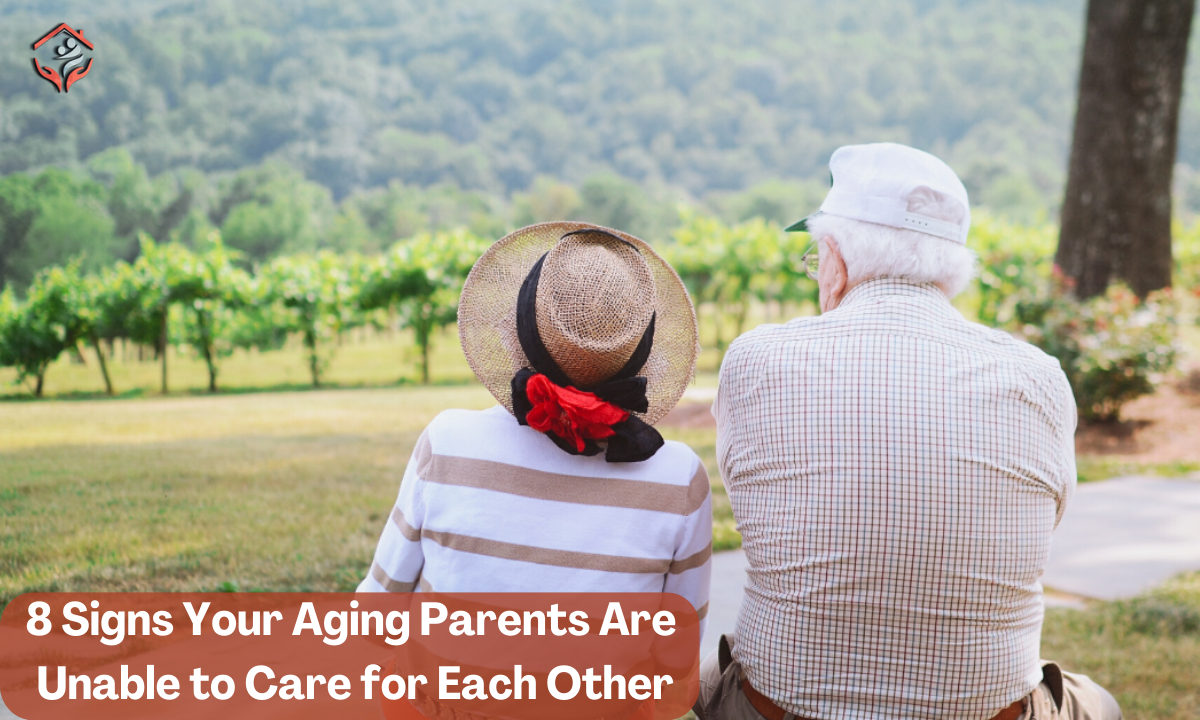Why is Vitamin D Important for Elders?
- 01 Jul 2022
- Health
- (0) Comments
Vitamin D is the most touted supplement for everyone, especially for elders. As we age, we spend more time indoors due to mobility issues, which prevent us from wandering into the sunshine alone, even if we wish to.
Why is Vitamin D Important for Elders?
Vitamin D is the most touted supplement for everyone, especially for elders.
As we age, we spend more time indoors due to mobility issues, which prevent us from wandering into the sunshine alone, even if we wish to. No sunlight exposure leads to no Vitamin D production, and thus, a deficiency is developed. Vitamin D is aptly called the “Sunshine Vitamin”.
What does a Vitamin D deficiency look like in Elders?
Vitamin D is an important nutrient because of its ability to absorb calcium, which is needed in the body for healthy bones and stronger teeth.
Essential for developing and maintaining strong bones, it also aids in anti-inflammation, immunological support, muscular function, brain cell generation, and antioxidant absorption. To preserve bone health and avoid harm to their bones or muscles when they fall, elderly persons must consume adequate vitamin D.
The symptoms of a vitamin D deficiency are:
1. Weak Bones & Fragile Muscles
2. Deteriorated Immunity or the immune system
3. Depression and cognitive impairment
4. The amplified threat of non-infectious disease
These issues are now discussed below:
· Weak Bones & Fragile Muscles:
The medical term for weak bones and muscles is “osteoporosis.” A small fall or a fracture has far-reaching consequences, such as a complete loss of mobility with osteoporosis.
· Deteriorated Immunity or the immune system:
A weakened immune system makes you more prone to a myriad of opportunistic infections. With low immunity, the elders are more vulnerable to usual infections like UTIs (urinary tract infections), Cold or Flu, and COVID-19 virus infection under current circumstances.
· Depression and cognitive impairment:
Depression leads to a psychological inability to perform even the simplest of tasks. Vitamin D supports a healthy chemical balance in the brain. A deficiency contributes to cognitive impairment, especially in elders who are already susceptible to age-related cognitive impairment.
· The amplified threat of non-infectious disease
Apart from the infectious viral diseases like Corona and its subvariants of the 2020 pandemic, vitamin D deficiency is considered a major factor in other non-infectious diseases like diabetes, cardiovascular illnesses, and even some cancer types.
Here’s how the levels of Vitamin D can be increased, particularly in elders:
· Sunlight exposure
· Artificial sunlight
· Food
· Supplements
Details are provided below:
· Sunlight exposure:
Vitamin D is mostly produced by exposure to sunlight. As per the Cleveland Clinic, 15 to 20 minutes of sun exposure on the legs and arms is usually enough a few times a week. A stroll through the neighbourhood or a park may provide elders with several physical and mental advantages on a bright day. Although sun exposure can aid in the manufacture of vitamin D, elders (and caregivers) must watch the risk of skin burn. Excessive sun exposure has been linked to several ailments, including skin cancer.
· Artificial sunlight:
Sun lamps are a useful option for elders who live in colder areas where the light isn’t powerful enough in the winters. Sun lamps could also aid in sleep regulation and alleviate periodic depression symptoms. Sun lamps that emit UVB radiation are the only ones that can assist with vitamin D production, so talk to your physician regarding the dangers and advantages of using them.
· Food:
Ensure your meals and beverages include vitamin D. Although vitamin D is not naturally present in many foods, it may be found in cod liver oil, salmon, mackerel, tuna, cow liver, cheese, and egg yolks. Vitamin D is also supplemented in various foods and beverages, including milk, morning cereals, and fruit juices.
· Supplements:
Vitamin D pills can assist those who are deficient in vitamins to attain a healthy level. According to research, older persons who consume these supplements have a lower risk of developing health problems linked to vitamin D insufficiency. Nevertheless, double-check that you are taking the proper dosage. Before ingesting these supplements, see your physician for guidance on the proper dosage.
How can Experienced Caregivers help here?
These recommendations and suggestions may be a lot to handle alone. Private Elderly Care has skilled, experienced caregivers who can help in the following ways:
· Doing grocery shopping by selecting Vitamin D rich foods
- Reminding seniors in their care to take their supplements
- Motivating seniors in their care to go out in the sun without being overexposed
Select and Hire a caregiver to help take care of your medication needs, including supplements, by visiting our website at https://privateelderlycare.com.






Comments (0)